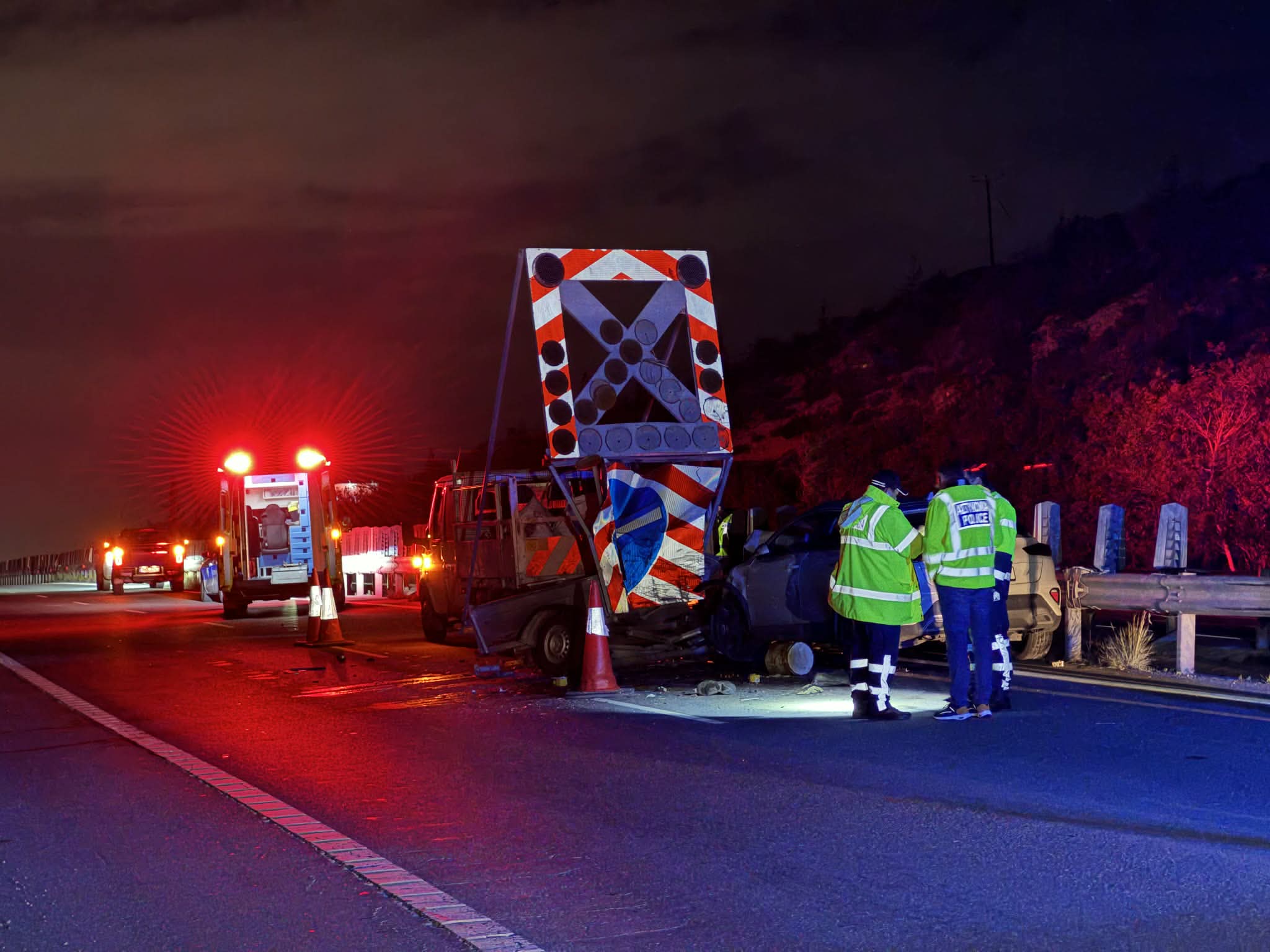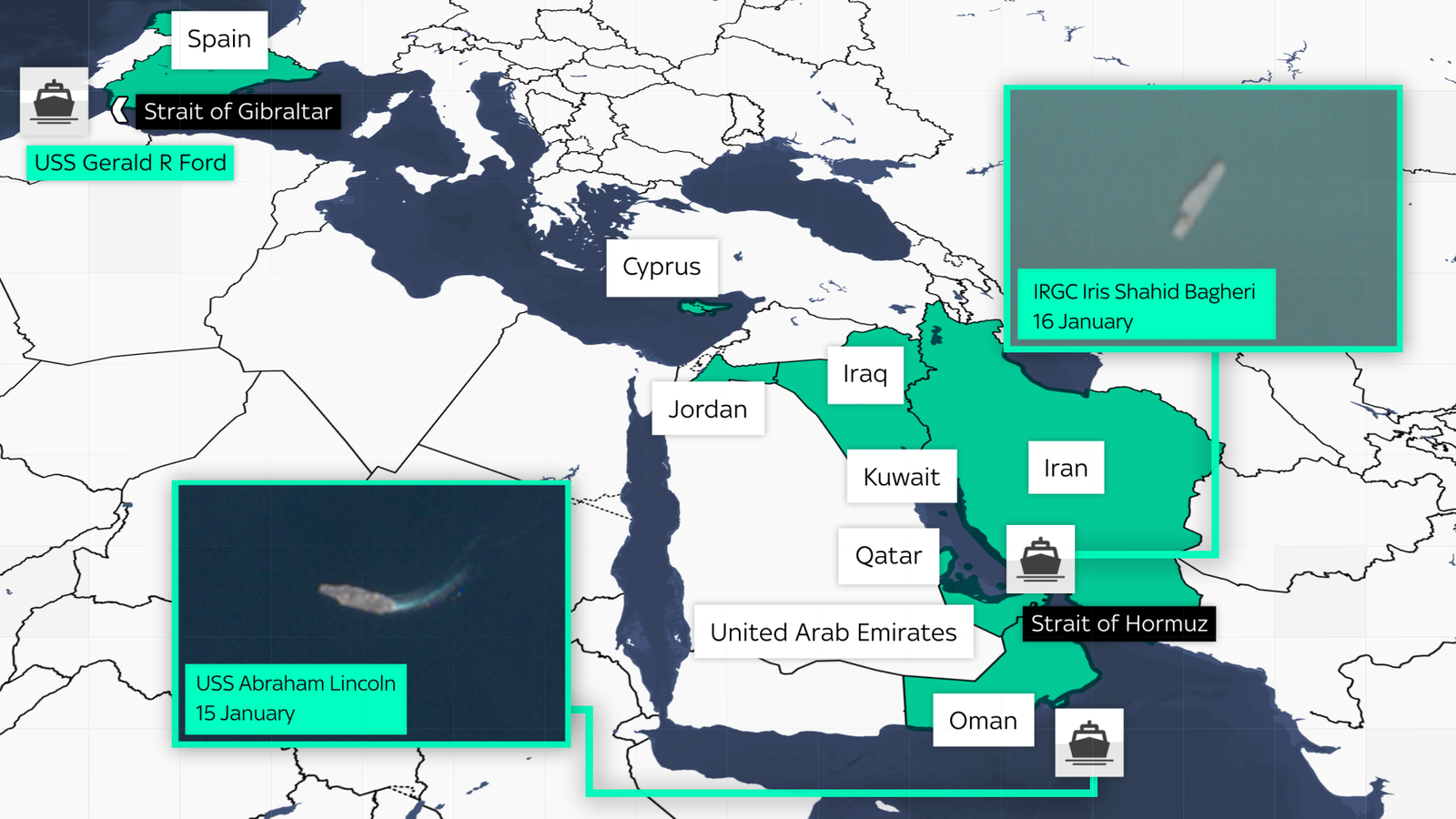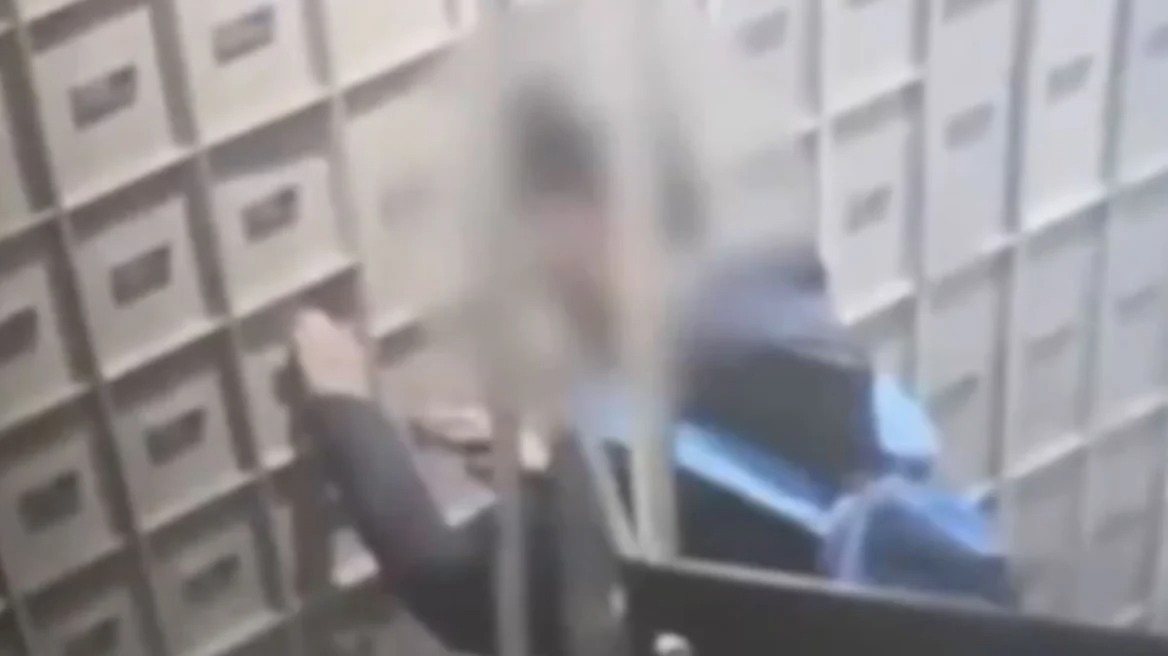European Parliament will on Thursday discuss new rules to make it easier to freeze and confiscate criminal proceeds as it steps up the fight against crime.
Under the proposed regulation compensating victims with the confiscated money will take precedence over the state.
Criminal activities in Europe are believed to generate about €110 billion every year. According to a 2016 Europol report, 2.2% of crime proceeds were provisionally seized or frozen in the EU in 2010-14, but only 1.1 % of was effectively confiscated.
Several pieces of legislation set out how to seize criminal assets across the EU, but there are serious loopholes that are being exploited by criminals and terrorists who hide their assets in other EU countries.
Current procedures and certificates are complex and inefficient. For example, there is not always a time limit, while another issue is that victims’ rights regarding restitution and compensation are not sufficiently protected.
The proposal being discussed is to replace the existing rules by a regulation, which would be directly applicable in all EU countries. It would lead to freezing and confiscation orders being enforced more rapidly and effectively. In addition the legislation would include tighter deadlines for authorities and standard certificates for all EU countries.
All criminal offences would be covered and a greater range of freezing and confiscation orders would be provided for. Under the new rules the victim´s right to compensation would take priority over the state.
Parliament has toughened up the rules with a non-recognition clause when fundamental rights are not being respected and a 45-day deadline to enforce confiscation orders. MEPs also added provisions to promote the reuse of confiscated assets for social purposes.
“I am pleased that we have succeeded in giving victims an important role in how confiscated goods are managed and that we have made it easier for them to be compensated,” said French ALDE member Nathalie Griesbeck, who is in charge of steering the proposals through Parliament.
“We have created an essential tool that will be more efficient, but also fairer with better guarantees.”
MEPs will debate the plans on Wednesday and vote on them the following day. It will then be up to the Council to approve them as well. If approved, the legislation will apply 24 months after its entry into force. The legislation would not apply to Ireland and Denmark.
This proposal is one from the series of measures aiming to tackle the financing of terrorism and organised crime. Parliament has already approved tighter rules against money laundering and cash movements.
















